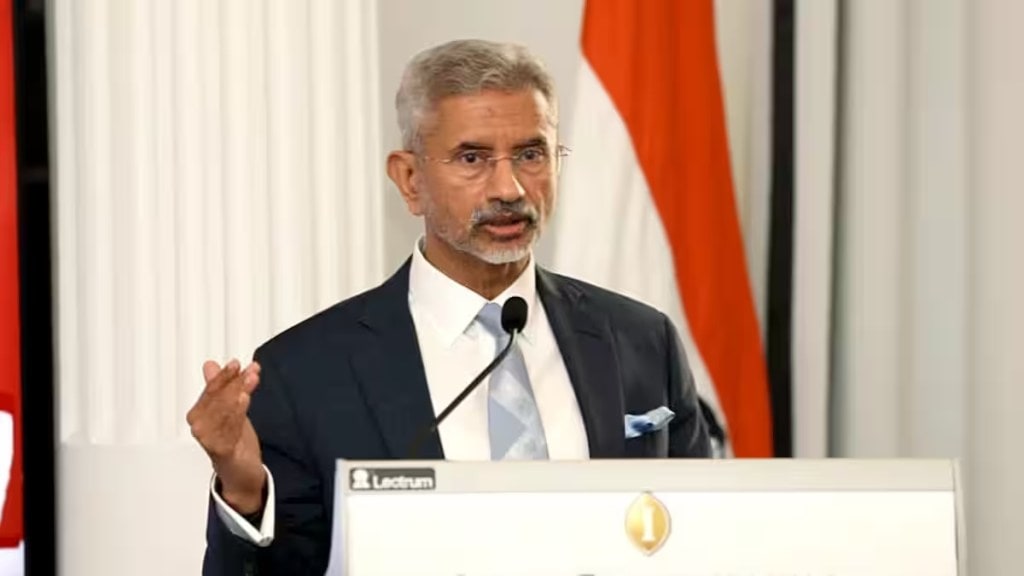At the 22nd session of the Council of Heads of Government of the Shanghai Cooperation Organization (SCO) in Bishkek, External Affairs Minister S Jaishankar underscored the enduring historical and cultural bonds between India and the SCO region.
In his address the minister stated that ties between the two sides have been shaped by centuries of trade, knowledge exchange, and migratory influences, which have left an indelible imprint on the region’s customs, traditions, language, and culinary heritage.
Sharing the highlights of his address on the social media platform X former twitter, Jaishankar contended, these historical connections should serve as a blueprint for enhanced economic cooperation within the SCO. To achieve this, he underlined the importance of adhering to international law, respecting each other’s sovereignty and territorial integrity, and encouraging economic collaboration. Central Asian states were acknowledged as key players, and India expressed its eagerness to engage in sustainable and mutually advantageous initiatives with SCO Member States.
India’s growing prominence in global trade was highlighted, as it ranks among the world’s top 10 exporters by value. India’s trade with SCO Members, particularly Russia, demonstrated substantial growth, increasing by 20% in the past year, from US$140 billion to approximately US$170 billion. The minister emphasized the potential for further growth, especially with the expansion of cross-border e-commerce. Ensuring equitable competition between large and small sellers and creating reliable consumer protection mechanisms were seen as essential.
Infrastructure and connectivity were identified as crucial factors for enhancing regional trade. Jaishankar emphasized the necessity of respecting the sovereignty and territorial integrity of all nations when embarking on connectivity initiatives. He also cautioned against imposing unsustainable debt burdens on countries, especially in the Global South. India-Middle East-Europe Economic Corridor (IMEC) and the International North South Transport Corridor (INSTC) were highlighted as initiatives that could significantly boost prosperity in the region.
During its presidency, India introduced five new areas of cooperation: Startups and Innovation, Traditional Medicine, Science and Technology, Youth Empowerment, and Shared Buddhist Heritage. These initiatives received a positive response, affirming their relevance. Furthermore, India institutionalized a Special Working Group on Startups and Innovation and hosts the SCO Startup Forum regularly.
India demonstrated its commitment to addressing energy-related challenges during its presidency by organizing events on ‘New and Emerging Fuels’ and ‘Energy Modelling & Forecasting.’ These initiatives underlined India’s dedication to promoting sustainable and innovative approaches to energy.
In conclusion, External Affairs Minister S. Jaishankar’s address at the SCO meeting in Bishkek emphasized India’s desire to strengthen economic ties within the region, while respecting international norms and emphasizing mutual benefits. India’s growing trade and innovative initiatives underline its commitment to cooperative and sustainable development within the SCO framework.
